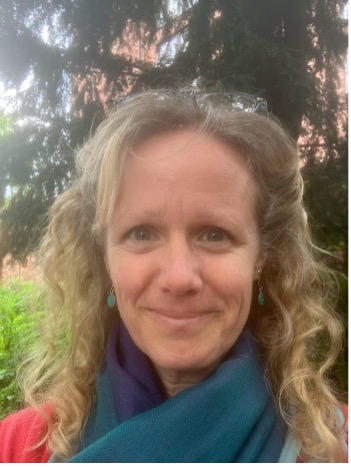
Warning
This blog contains what is described as ‘difficult knowledge’ (Britzman, 2010), concerning sexual harassment and sexual violence with particular reference to children and young people. It has the potential to trigger re-traumatization for victim-survivors and might make readers respond emotionally.
Student: “Miss, if someone films me having sex and posts it online is that OK?”
Me: “NO, that is not ok!”
She was 15, starting year 11 and had just had sex for the first time at a house party at the weekend, filmed by a “friend”. She’d put up with the nude photos she’d been sent, the offensive and threatening messages that all the girls receive, even the constant fondling in the corridor that has become a rite of passage for secondary school girls. But this was the first time she thought to ask if it was OK, to question the behaviour and to ask for help.
Being a secondary school teacher is a privilege, I love my job and know that every day I make a difference to at least one young person’s life. I’m also fortunate to have built positive relationships with my students that mean that they come to me with their “shit”. This is quite often something they don’t feel able to share with anyone else, something we call a “disclosure”, and often requires reporting to relevant safeguarding leads and outside agencies. The students know this, and it is often the reason they hold back for so long, waiting until it’s unbearable and that they can’t cope any more, because “snitches get stitches”, or worse.
Students don’t report being “touched up”, they don’t know who did it, so they just get used to it and keep an eye out for each other, cross their arms and keep their bags in front of them. Being sent “dick pics” and being asked for “nudes” is “just the way it is”, messages are deleted, numbers are blocked but nothing is done. This is what year 7 students (aged 11-12) are taught by their peers as they navigate the social complexities of secondary school.
Why am I here? I am one person in one school, my best isn’t good enough and my help is often refused for fear of exposure and retaliation, I am making a difference but it’s small. When considering doing my PhD I was asked, “Do you want to make a difference for a few children…or potentially create something that makes a difference for every child?”. That’s why I’m here!
My PhD is looking at gender-based violence in secondary school, looking to examine the extent of behaviours and culture in which it operates. I still teach a couple of times a week and am still making a small difference, whilst I manage my anger and frustration at what children put up with and accept…for now!
Useful resources:
Rape Crisis: Want to talk? | Rape Crisis England & Wales
Refuge: Home | Refuge National Domestic Abuse Helpline (nationaldahelpline.org.uk)
National Stalking Helpline: National Stalking Helpline | Suzy Lamplugh Trust
Young Minds: https://www.youngminds.org.uk/ 0800 1111
Mind: https://www.mind.org.uk 0300 123 3393
____________________________________________________________________________________

Kirsty Cann is a first year PhD candidate in the School of Education. She is a secondary school teacher who draws on her professional experience to direct her research. Her PhD is looking at gender-based violence in schools, the extent of experiences students have and the culture in which it operates.
